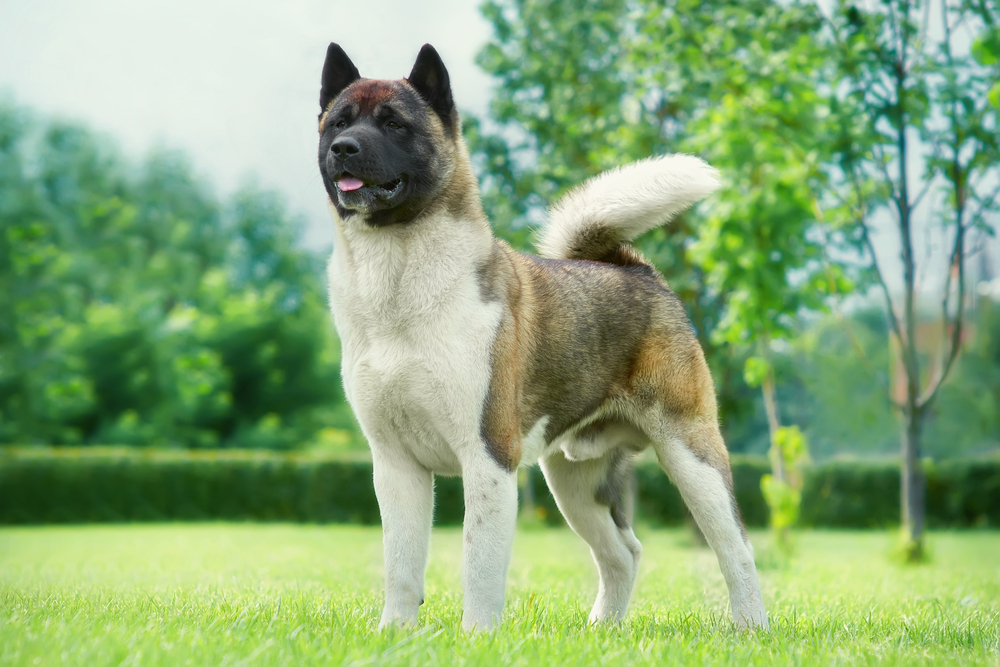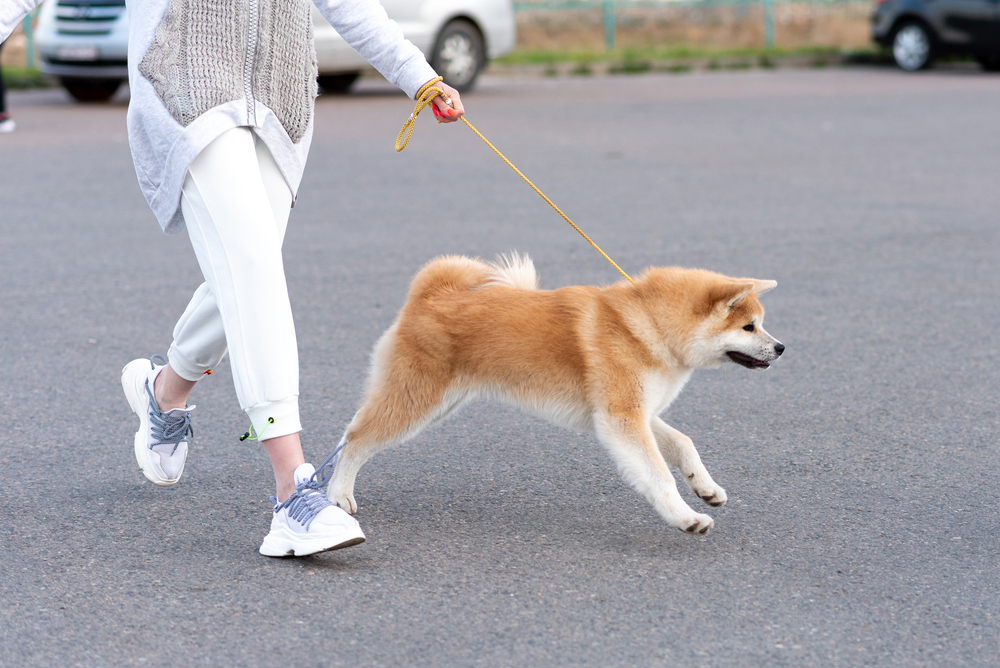Akita Health and Common Medical Issues
Welcome to our comprehensive guide on Akita health and common medical issues. As experts in the field, we understand the importance of providing accurate and detailed information to help you take the best care of your beloved Akita. In this article, we will cover various aspects of Akita health, including common medical issues, preventive measures, and tips to ensure your furry friend lives a healthy and happy life.

Understanding the Akita Breed
The Akita is a majestic and loyal breed known for its strength, dignity, and courage. Originally hailing from Japan, these dogs have gained popularity worldwide due to their loving nature and strong sense of loyalty to their owners. They make excellent companions, whether in a family setting or as a single owner’s loyal friend.


Common Medical Issues in Akitas
As with any breed, Akitas are prone to certain health issues. Being aware of these problems and taking proactive measures can significantly improve your Akita’s quality of life. Let’s delve into some of the most common medical issues:
1. Hip Dysplasia
Hip dysplasia is a genetic condition where the hip joint doesn’t develop correctly, leading to pain, lameness, and even arthritis in severe cases. Regular veterinary check-ups and a healthy diet can aid in preventing this condition.
2. Progressive Retinal Atrophy (PRA)
PRA is an inherited eye disorder that causes gradual vision loss and can eventually lead to blindness. Regular eye exams by a qualified veterinarian can help identify this condition early on, allowing for potential treatments and accommodations.
3. Hypothyroidism
Hypothyroidism is a hormonal disorder that affects the thyroid gland, leading to a slow metabolism and various health issues. Monitoring your Akita’s weight, energy levels, and consulting with a veterinarian can aid in diagnosing and managing this condition.
4. Gastric Dilatation-Volvulus (Bloat)
Bloat is a severe condition where the stomach fills with gas and twists, potentially cutting off blood flow and leading to life-threatening consequences. Feeding your Akita smaller, more frequent meals and avoiding vigorous exercise after eating can reduce the risk of bloat.
5. Autoimmune Disorders
Akitas can be susceptible to certain autoimmune disorders, where the immune system mistakenly attacks the body’s healthy cells. Recognizing the signs early and seeking immediate veterinary care can make a significant difference in managing these conditions.
Preventive Measures for a Healthy Akita
Now that we’ve explored common medical issues, let’s focus on preventive measures to keep your Akita in optimal health.
1. Regular Veterinary Check-ups
Routine visits to the veterinarian are crucial for early detection of any potential health issues. Your vet will perform thorough examinations and recommend appropriate vaccinations and preventive treatments.
2. Balanced Diet
A nutritious and balanced diet tailored to your Akita’s specific needs is vital for maintaining good health. High-quality dog food, supplemented with fresh fruits and vegetables, can provide essential nutrients to support their overall well-being.
3. Adequate Exercise
Regular exercise is essential to keep your Akita physically and mentally stimulated. Engage in daily walks, playtime, and training sessions to ensure they remain active and happy.
4. Maintain a Healthy Weight
Obesity can lead to a multitude of health issues, so it’s essential to keep your Akita at a healthy weight. Avoid overfeeding and opt for portion control to prevent weight-related problems.
5. Oral Care
Dental hygiene is often overlooked but critical for your Akita’s overall health. Regularly brushing their teeth and providing dental treats or toys can prevent dental diseases and keep their breath fresh.

Tips for a Happy Akita
Akitas thrive on love and attention, and incorporating these tips into their daily life will lead to a happy and content pet:
1. Socialization
Expose your Akita to various people, places, and experiences from a young age. Proper socialization helps them become well-adjusted, confident dogs with good behavior.
2. Positive Reinforcement Training
Utilize positive reinforcement techniques to train your Akita. Reward-based training fosters a strong bond between you and your pet while ensuring they follow commands effectively.
3. Grooming Routine
Regular grooming not only keeps your Akita’s coat healthy but also strengthens the bond between you and your pet. Brushing their double coat a few times a week helps manage shedding and keeps their fur clean and shiny.
4. Safe Environment
Create a safe and secure environment for your Akita. Remove any hazardous items they could ingest, and ensure they have a comfortable space to relax and feel at ease.
Akita Health and Common Medical Issues
A happy and healthy Akita brings immense joy to any family or individual. By understanding common medical issues, taking preventive measures, and providing a nurturing environment, you can ensure your Akita lives a long and fulfilling life.
Remember, as responsible pet owners, it is our duty to prioritize their health and well-being. Regular vet check-ups, a balanced diet, exercise, and love are the pillars of a thriving Akita.
